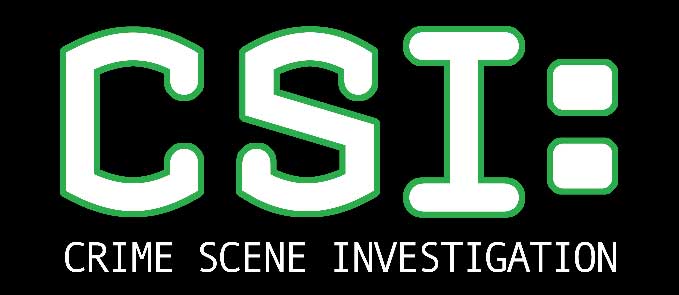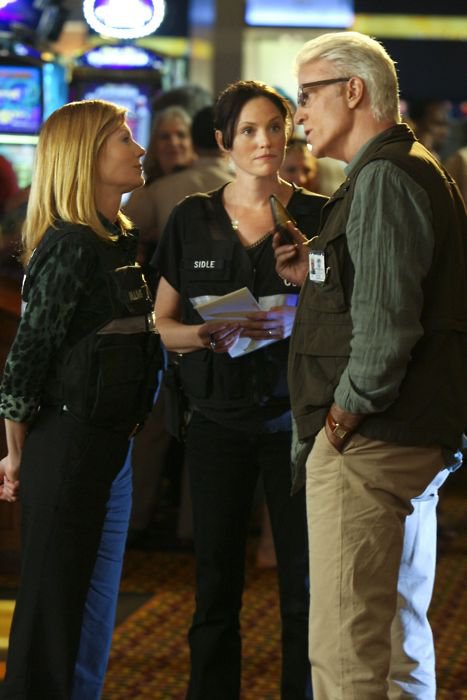


The study’s release was strategically planned by Starboard Group and EIS Solutions, two influential PR firms with oil and gas clients. The report, which was paid for by CSPR, did not mention the group’s financial ties to the fracking industry. The report, published during a major political storm regarding local control over fracking, found that allowing affected communities to hold some regulatory power over fracking would hurt Colorado’s economy - a position favored by the industry. One such study was the 2014 Fracking Ban Report. Case Study: Standing in the Way of Fracking Bans The studies were aimed at politically contentious topics, like local regulation over fracking wells.

Internal documents from the University of Colorado reveal a coordinated plan to use UC branded papers in a PR campaign designed to promote and defend the oil and gas industry.ĬSPR set priorities for the researchers, prioritizing oil and gas work. CSPR Uses University of Colorado Research in Pro-Fracking Campaign The claims of fracking’s necessity and safety have been buoyed by studies secretly funded by the industry. This has been dubbed “ frackademia.”Ĭlaims that fracking has few environmental or human health impacts have largely drowned out actual scientific proof that fracking can cause serious pollution issues. This report by the Public Accountability Initiative charts examples of industry funding questionable academic papers and projects. The shale drilling and fracking industry has a record of secretly funding seemingly “independent” research that supports their agenda. The studies provided seemingly third-party validation for the oil industry’s attack on environmental regulations. CSPR paid the university to host the studies and fully controlled the priorities of the researchers.ĭocuments obtained by Greenpeace reveal that the studies were conceived of, edited and strategically used by PR firms to influence fracking policy in Colorado, yet CSPR’s financial ties to the oil and gas industry were not disclosed to the media or in the published studies. This partnership was formed to produce economic studies that benefit the fracking industry’s PR strategy. The controversy centers on the partnership between the University of Colorado Leeds School of Business and the Common Sense Policy Roundtable (CSPR), a front group funded by the oil and gas industry. An investigation by Greenpeace and the Boulder Weekly has found troubling ties between the University of Colorado Boulder and Colorado public relations firms working on behalf of the fracking industry and the Koch brothers. SOTERMUN has published the documentary on DVD, which is available for anyone who wishes to see it.īoth the version in Spanish as well as the version in Spanish with English subtitles can be seen at. It has also been widely viewed on Internet and has been seen by over 18,000 viewers on YouTube alone.
FRACKED CSI TV
The documentary has been broadcast on TV in Argentina and at various festivals in Spain, such as the City of Soria International Short Film Festival.

The Argentinian government went on to nationalise Repsol’s share and to negotiate the exploitation of the deposits with other investors from the United States. The shale gas and oil reserves in Vaca Muerta were discovered by Repsol-YPF. This documentary film covers the ins and outs of the hydraulic fracturing or ’fracking’ technique and the protests of the Mapuche community in Neuquén, Argentina, which believes it affects the quality of the water from the Neuquén river basin, endangering the natural environment and their means of subsistence.


 0 kommentar(er)
0 kommentar(er)
